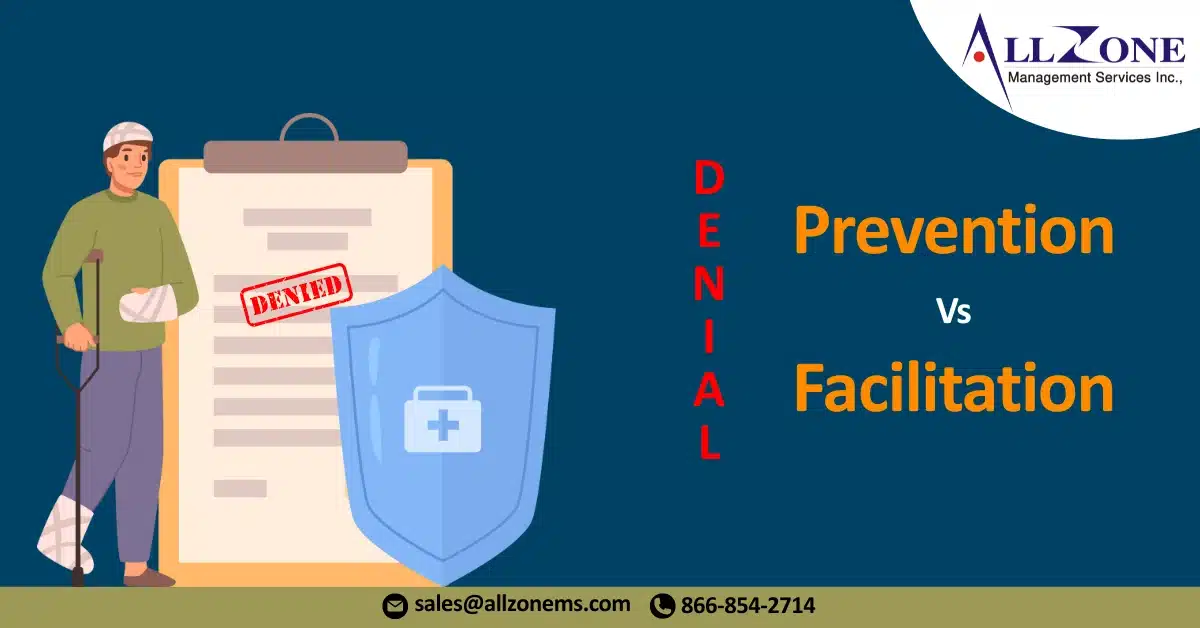In the healthcare revenue cycle, denials are inevitable — but how you manage them makes all the difference. A common discussion in this space centers around Denial Prevention vs. Denial Facilitation, two strategies that, while they may sound similar, have distinct purposes and outcomes. Understanding and effectively applying both can drastically improve your practice’s cash […]
Claim denials are a significant headache for healthcare providers, impacting revenue and administrative efficiency. While denials can stem from various issues, a large majority are rooted in documentation errors, particularly those related to demonstrating medical necessity. Defining Medical Necessity: The American Medical Association (AMA) defines medical necessity as healthcare services or products provided to a […]
Charge Capture in Healthcare, a critical component of the revenue cycle management process, involves the accurate and timely documentation of all services rendered to patients. This includes procedures, tests, medications, and other healthcare services. While it may seem like a simple task, effective healthcare charge capture is essential to ensure optimal revenue cycle performance and […]
When the Centers for Medicare & Medicaid Services (CMS) implemented the Patient Driven Payment Model (PDPM) as the new reimbursement method for skilled nursing facilities (SNF), some of us in the coding and auditing world thought it likely to result in inaccurate payments. The old model, the Resource Utilization Group—Version IV (RUGS-IV), calculated SNF reimbursement […]
Educated guesses and imprecise, stopgap efforts aren’t enough. Revenue cycles need precise strategies to identify exactly where leakage occurs and implement solid processes to stop leakage before it starts. Even before COVID-19, 250-bed hospitals lost $4.7–$11 million a year from mid–revenue cycle leakage. Now, pandemic-fueled volume losses and razor-thin margins mean that hospitals can no […]





